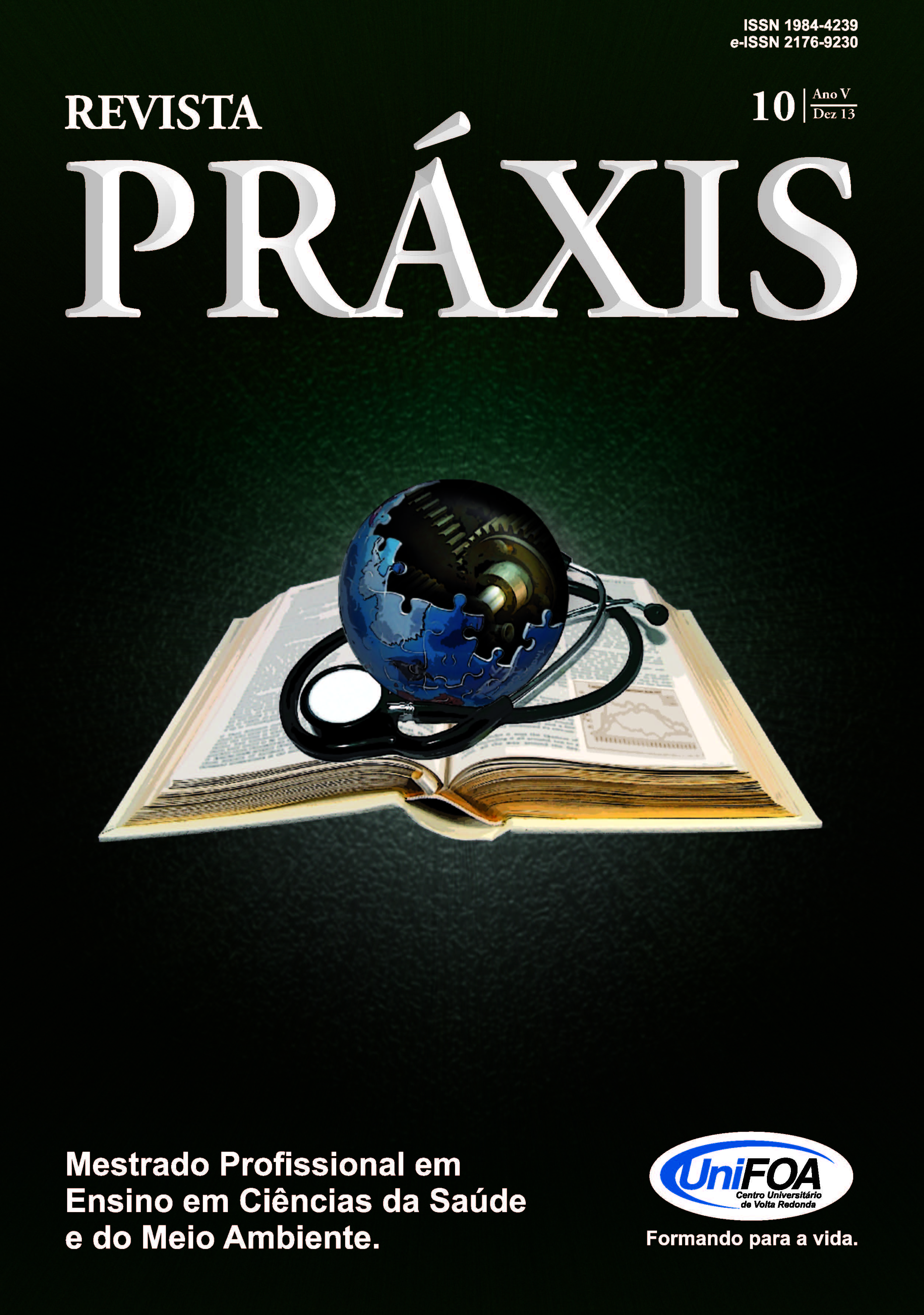The use of social and human training in the public school in Rio de Janeiro
DOI:
https://doi.org/10.47385/praxis.v15.n29.3846Abstract
This research is part of a master's dissertation whose general objective was to analyze the potential of the media and social network Facebook in supporting and motivating the interest of elementary school students in science content. Participatory research, of the research-training type, was carried out between 2017 and 2018, pre-pandemic, in a municipal public school located in the neighborhood of Manguinhos, in the northern part of the city of Rio de Janeiro. Four instruments were used: field diaries; a questionnaire to identify access to media; a virtual group via the Facebook social network and face-to-face meetings with students in the school science laboratory. The most significant results of the study were to find that there was an interest in science content. However, social networks were not able to lead to greater interest. This aspect was mainly motivated by the fact that most students did not have access to their own equipment such as cell phones, computers and the internet, and to the school computer lab. We also identified that the difficulty with reading and writing, required in the interaction with the social network Facebook, was a discouraging factor for the use of Facebook. Contrary to other research, our investigation identified that the use of social networks does not always present a potential for science learning, especially given the reality of this school located in an area of conflict of violence. We consider that social networks need to be further investigated with a critical eye from the perspective of the user in their social context.











